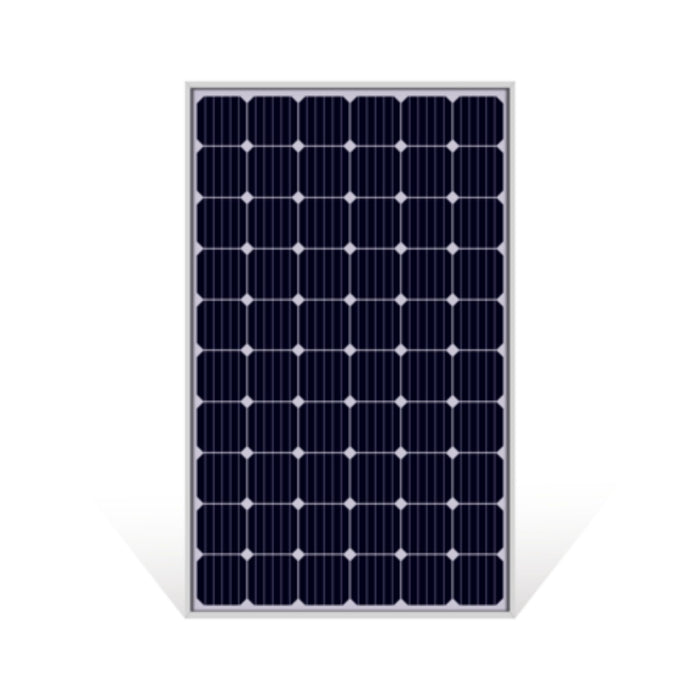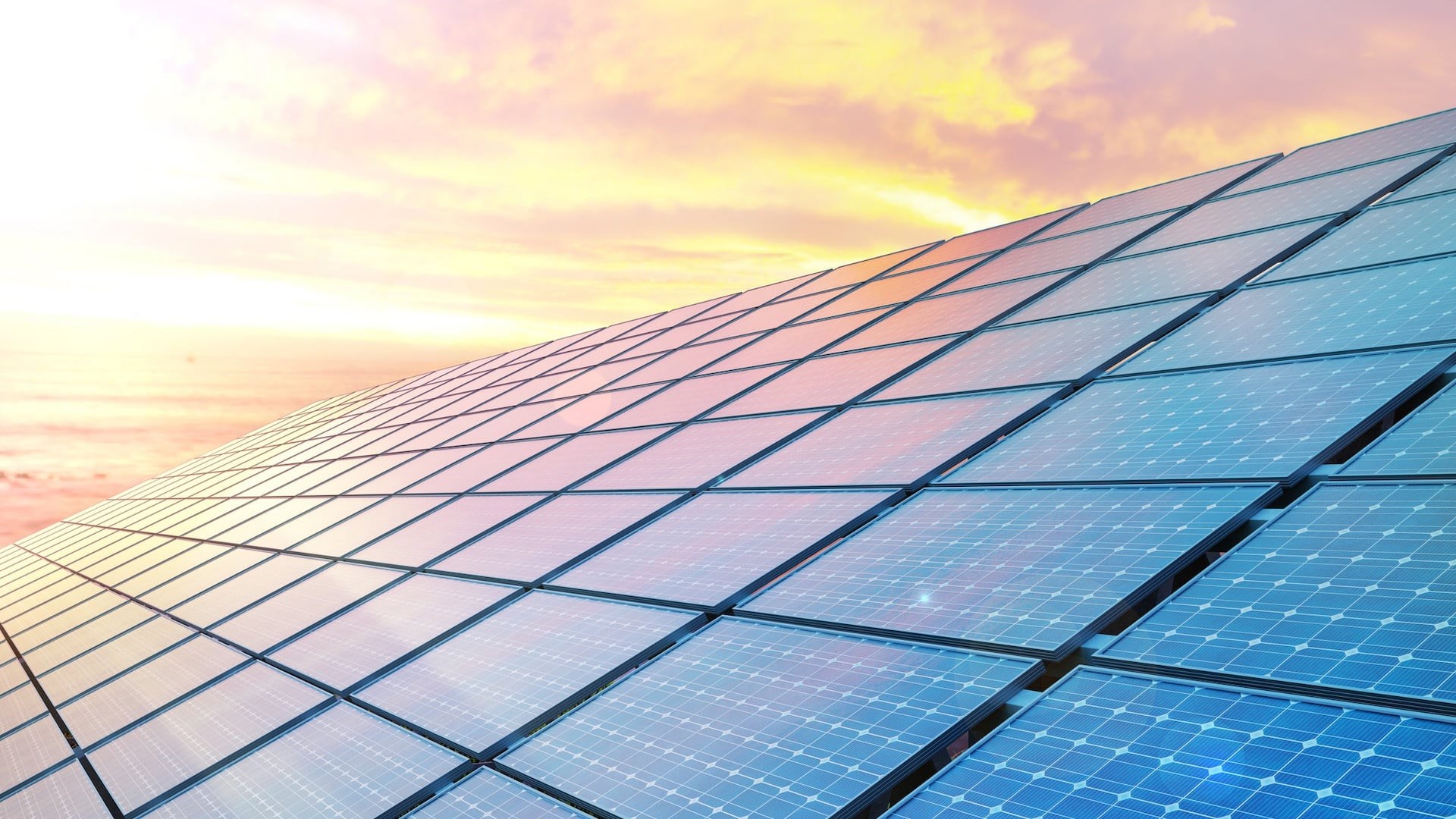Maximize Energy Cost Savings With High-Quality Solar Panels
Optimizing energy financial savings via the usage of top notch solar panels is a multifaceted method that calls for careful consideration of technology, installment, and upkeep. Picking high-efficiency alternatives, such as monocrystalline panels, can substantially improve electrical power generation, while resilience and warranty terms play a crucial duty in long-lasting financial viability.
Advantages of Solar Power
The benefits of solar power are many and significant, making it an increasingly eye-catching option for both household and industrial applications. One of the key advantages is its potential to lower electrical energy bills. By using sunlight, homeowner can produce their very own power, reducing dependence on conventional energy sources and ultimately causing substantial cost savings.
An additional vital advantage is environmental sustainability. Solar power is a tidy, sustainable source that helps to alleviate greenhouse gas emissions, adding to a reduction in air pollution and environment adjustment. This aligns with worldwide initiatives to transition towards even more lasting energy remedies.
Additionally, solar power systems can raise residential or commercial property worth. Residences and businesses furnished with photovoltaic panels often have higher resale values, attracting environmentally-conscious customers and financiers. Federal government incentives, such as tax credit histories and refunds, can balance out setup expenses, making solar power also a lot more economically feasible.
Finally, solar technology promotes energy independence. By buying solar power, people and organizations can lower their susceptability to rising and fall power costs and supply interruptions, promoting better control over their power sources. Jointly, these benefits underscore the compelling factors to consider solar energy options.
Choosing the Right Solar Panels
Selecting the appropriate photovoltaic panels is a critical action in maximizing the efficiency and advantages of a solar energy system. When assessing solar panels, numerous variables need to be taken into consideration to guarantee optimal efficiency and long-lasting savings.
First, examine the panel's performance score, which indicates just how successfully it converts sunlight into power. Higher efficiency panels might have a higher ahead of time expense yet can produce more power in limited area. Next off, take a look at the warranty supplied by the producer; a much longer guarantee typically shows a greater level of self-confidence in the product's longevity and performance.
Furthermore, consider the kind of photovoltaic panel innovation. Monocrystalline panels are recognized for their high efficiency and space-saving style, while polycrystalline panels tend to be a lot more economical yet slightly less reliable. Bifacial panels, which catch sunlight from both sides, are likewise getting appeal for their potential to improve power output.
Finally, carry out an extensive testimonial of independent efficiency ratings and client testimonials to gauge reliability and fulfillment. By meticulously considering these elements, house owners can make enlightened selections that align with their energy Your Domain Name needs and monetary goals, eventually boosting the roi for their solar power systems.
Understanding Installation Expenses
Comprehending the expenses related to setting up photovoltaic panels is crucial for home owners aiming to invest in eco-friendly power. The overall installment price can vary considerably based on a number of elements, including system size, panel type, setup intricacy, and geographical area.
Commonly, the price is computed on a per-watt basis, with ordinary rates varying from $2.50 to $3.50 per watt before any incentives. A basic property system might cost between $15,000 and $25,000, relying on power requirements and the chosen components.
In enhancement to the panels themselves, house owners must think about expenses connected to inverters, mounting hardware, and electrical upgrades. Labor expenses likewise play an important role, as professional setup makes sure compliance with safety and security requirements and local laws.

Ultimately, comprehending these installation expenses and possible financial advantages is essential for house owners to make informed decisions regarding transitioning to solar power.

Maintenance for Long-Term Cost Savings
Keeping solar panels is vital for making the most of long-lasting power savings and guaranteeing the system runs at peak performance. Regular upkeep includes numerous key practices that can substantially boost the longevity and performance of solar installations.
First, routine assessments need to be conducted to identify any type of physical damage or wear, such as fractures or loosened connections. Cleaning up the panels is likewise crucial, as dirt, dirt, and debris can obstruct sunlight, decreasing energy output (Solar Panels). It is recommended to clean up the panels a minimum of two times a year, or a lot more often in areas with high levels of dirt or contamination
Furthermore, checking the system's efficiency via a surveillance software program can give real-time information on power production and alert property owners to any abnormalities. This proactive strategy enables for prompt repair services, reducing downtime and preserving optimal power generation.
Environmental Impact of Solar Power
The ecological impact of solar power extends far past its immediate benefits of decreasing electrical power bills and dependence on nonrenewable fuel sources. By taking advantage of sunlight, solar energy dramatically decreases greenhouse gas emissions, therefore minimizing climate change. Unlike standard energy sources such as coal or all-natural gas, solar power generation does not generate air contaminants, adding to boosted air high quality and public health.
In addition, solar power promotes biodiversity by minimizing the requirement for fossil fuel removal, which frequently interferes with environments and habitats. By transitioning to eco-friendly energy resources, we can preserve all-natural landscapes and protect jeopardized species from environment loss.
The life cycle of solar panels additionally provides a reduced environmental impact compared to standard power sources - Solar Panels. While making solar panels includes some source use and exhausts, advancements in innovation and reusing processes are continuously reducing navigate here these effects. In addition, the long-term benefits of solar power-- such as reduced reliance on limited sources-- far outweigh these preliminary prices
Final Thought
In recap, the fostering of high-grade photovoltaic panels offers significant opportunities for energy savings and environmental advantages. By picking ideal modern technologies, such as monocrystalline panels, and ensuring efficient installment, home owners can maximize power generation in minimal rooms. Furthermore, comprehending installation costs and upkeep needs additionally adds to long-lasting savings. The strategic alignment of photovoltaic panel options with energy needs and federal government motivations improves return on financial investment, promoting sustainability and reducing dependence on traditional energy resources.